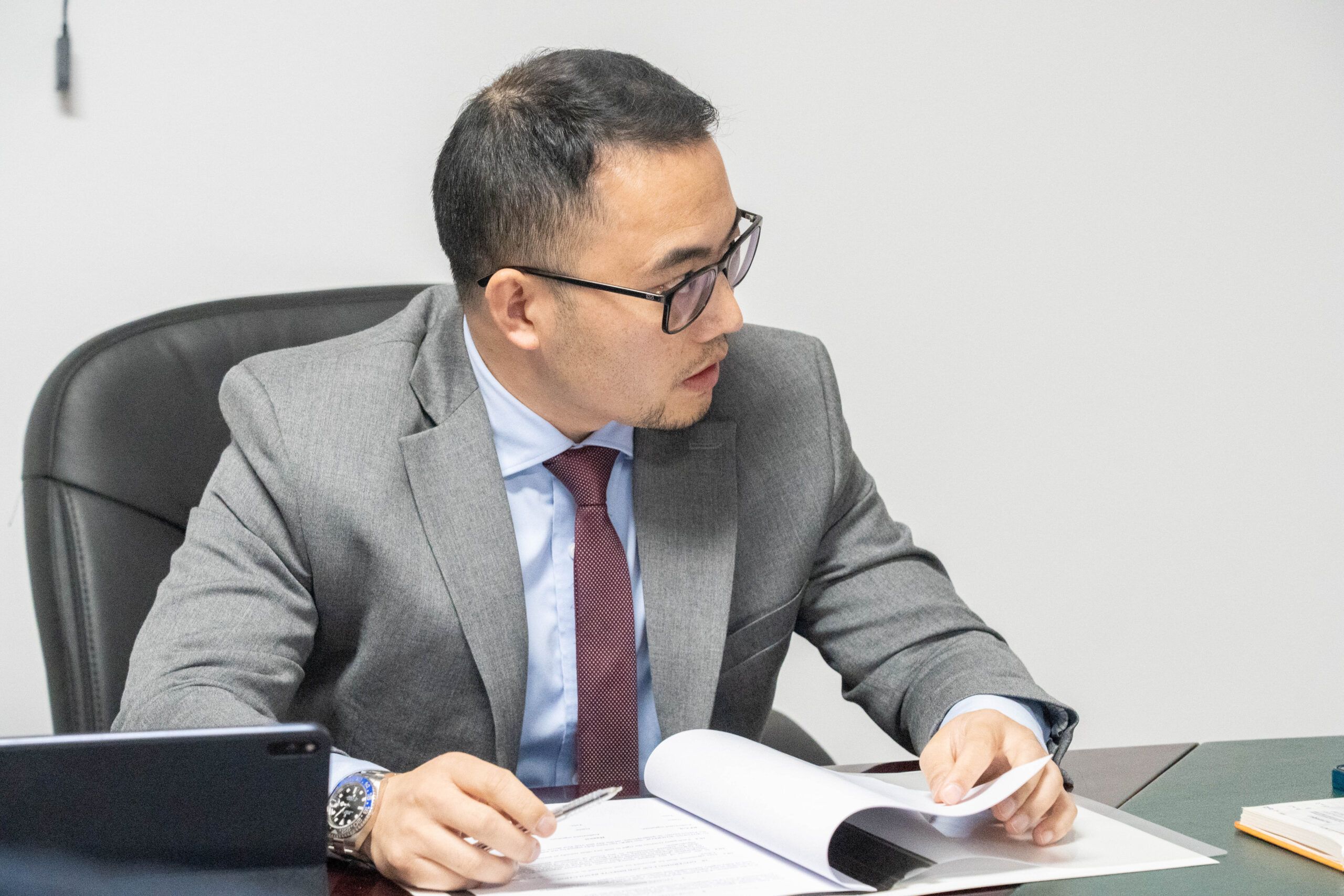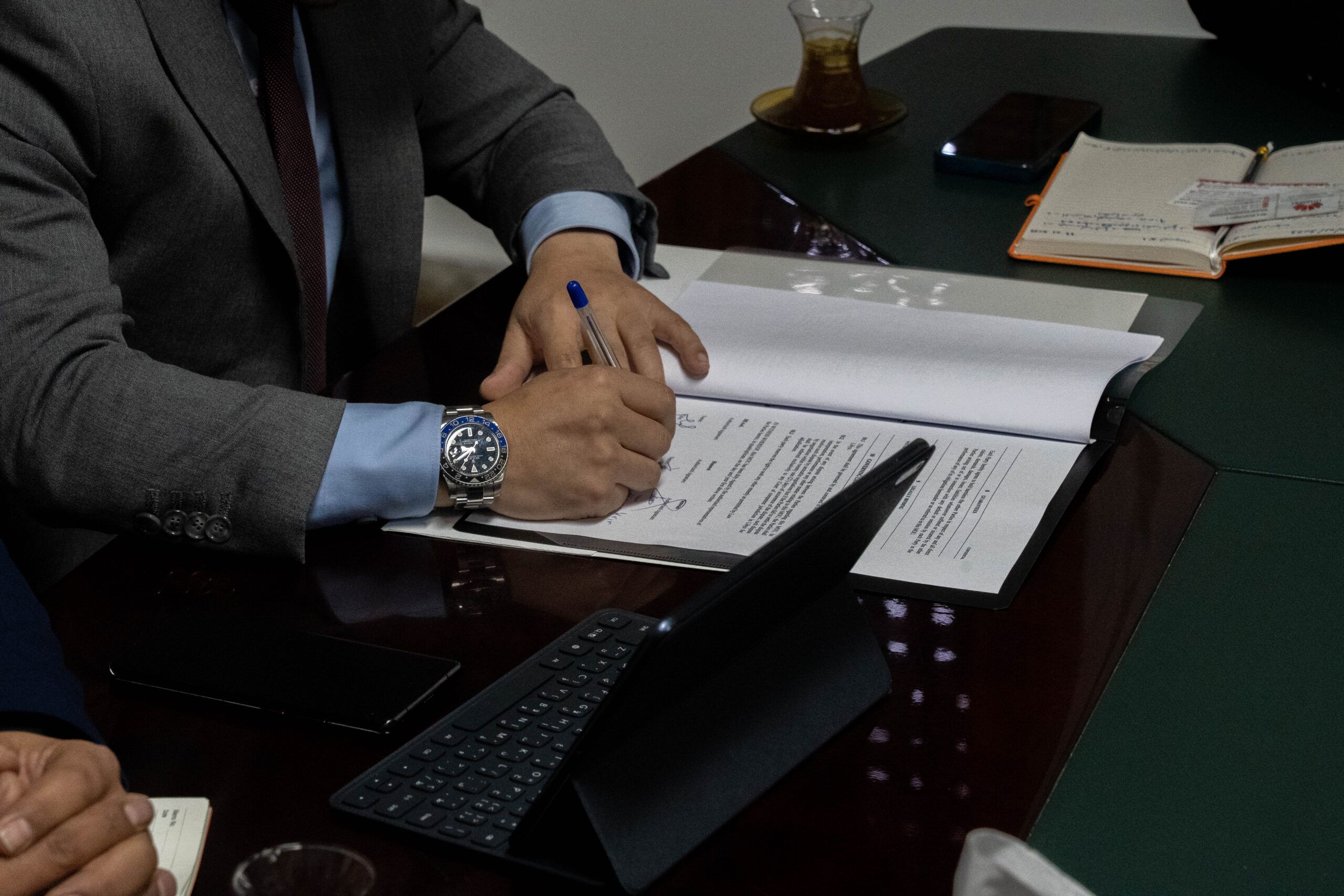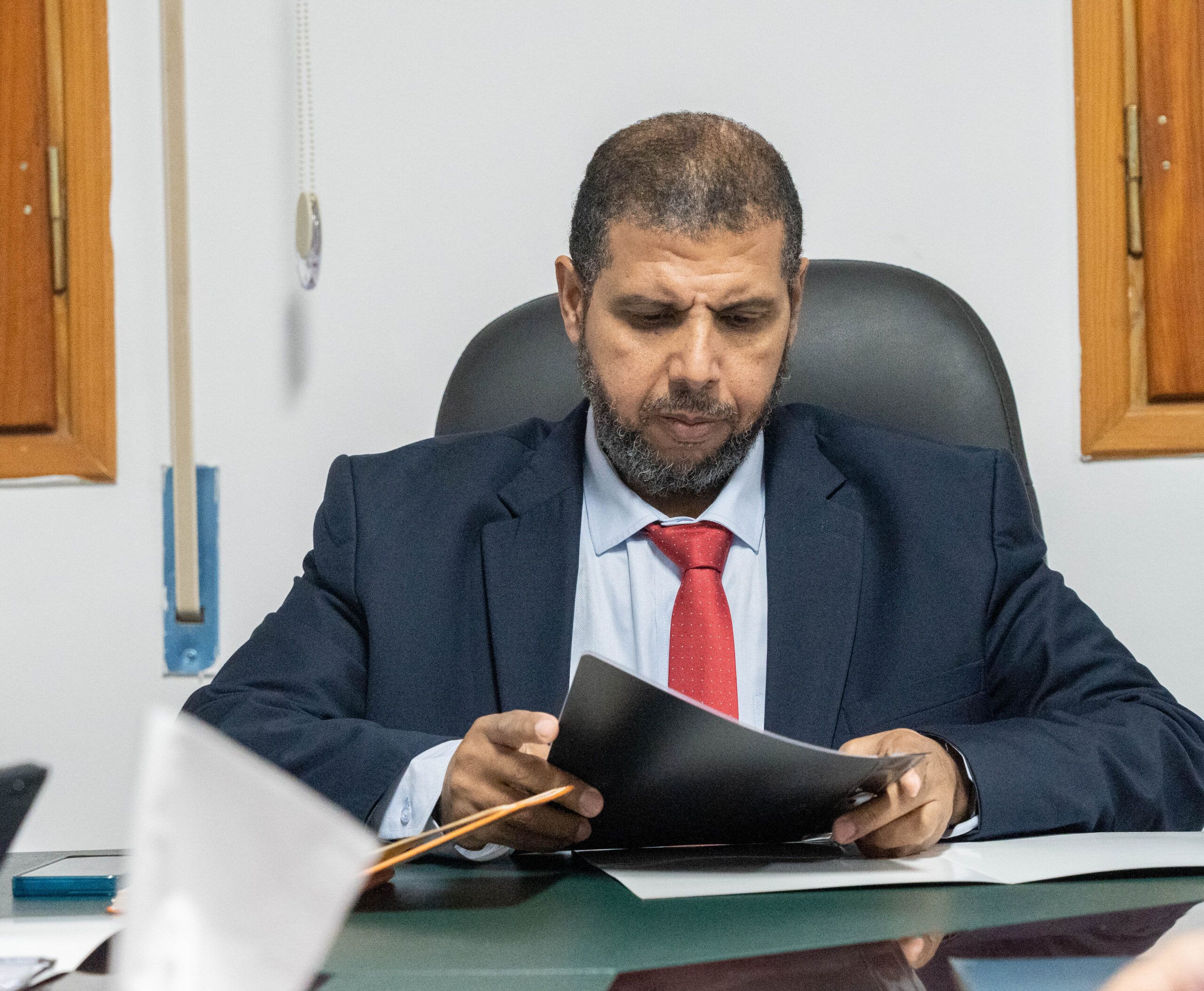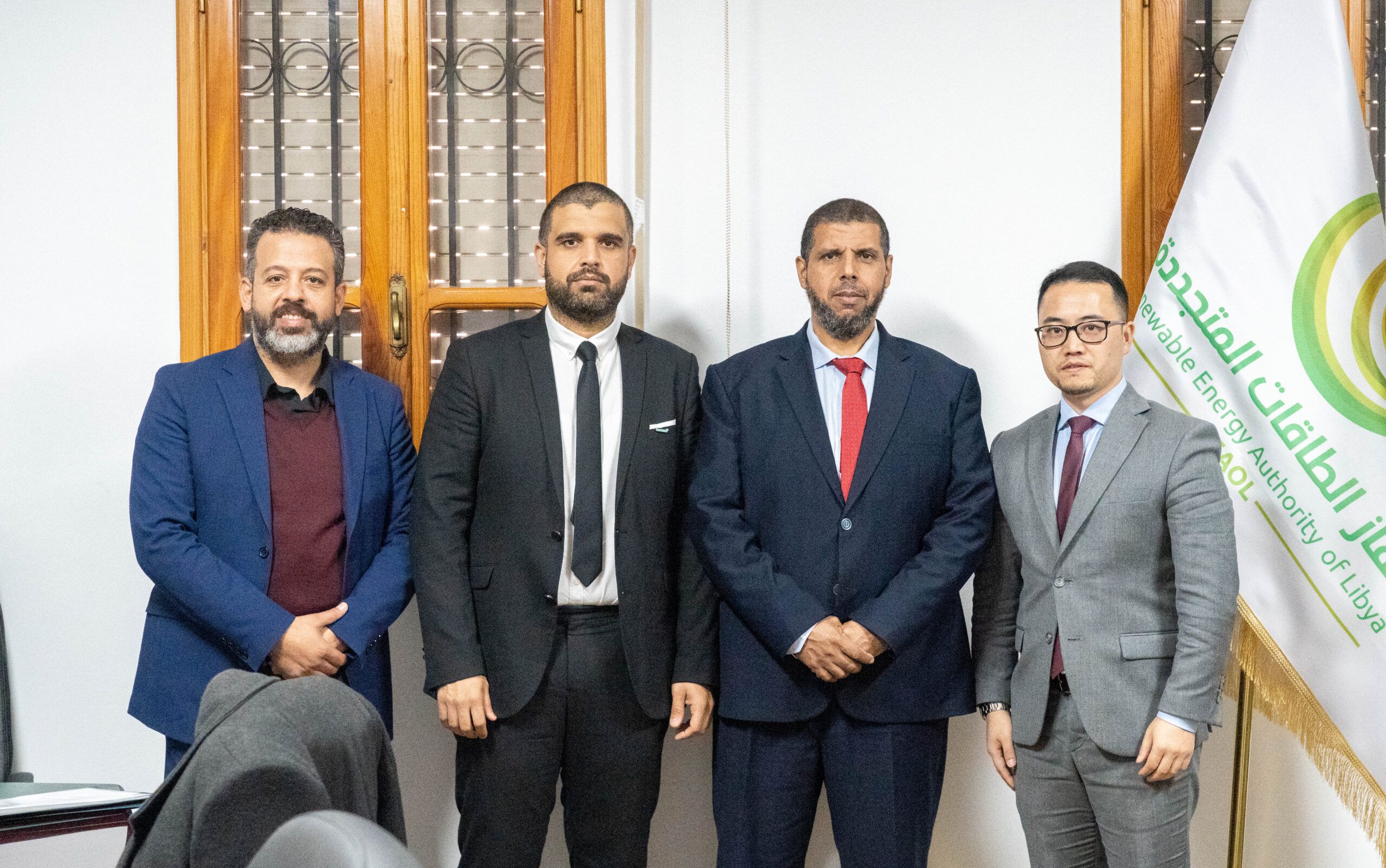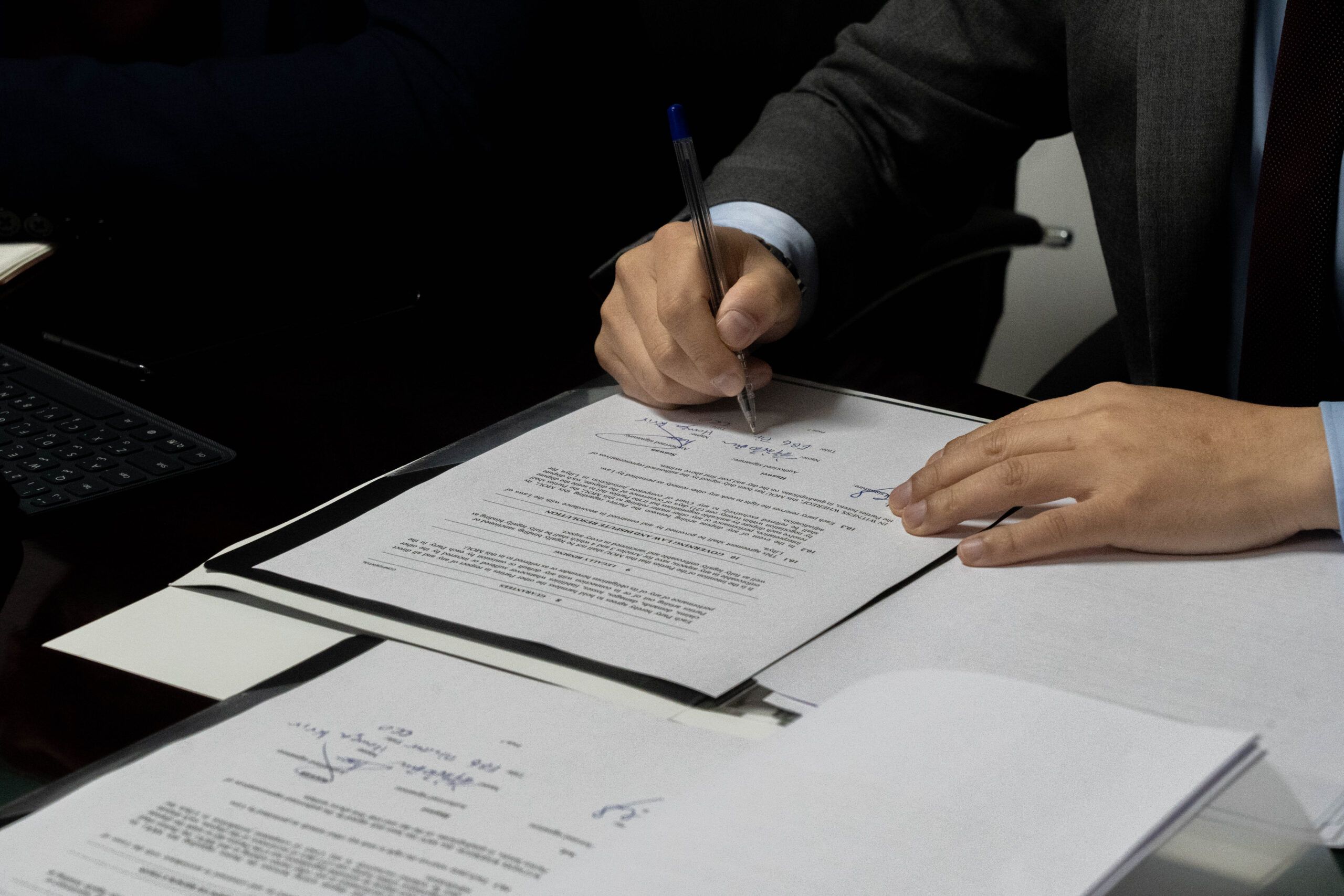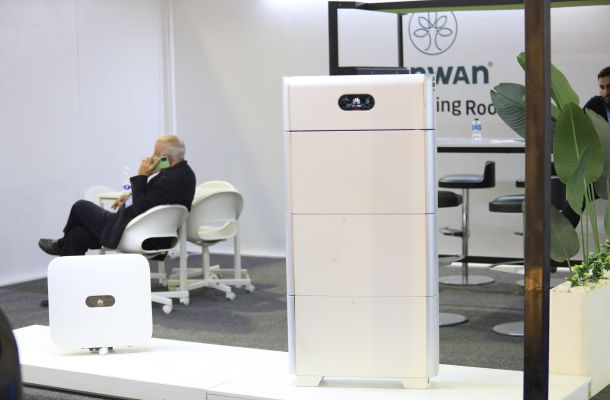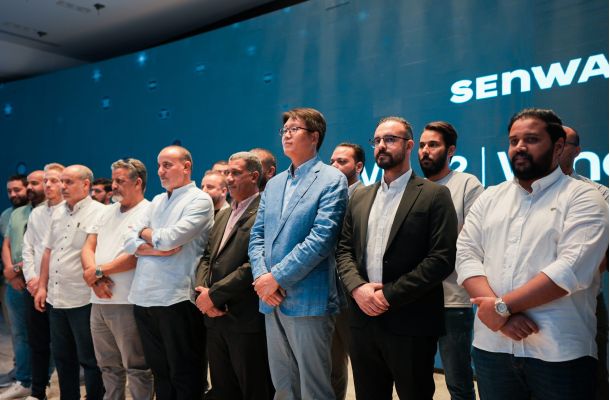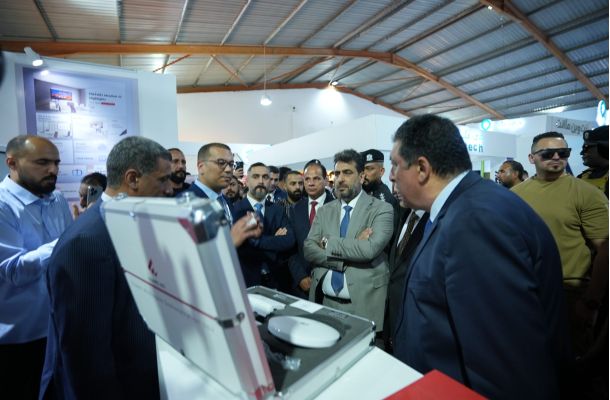Renewable Energy Collaboration for a Sustainable Future: Senwan, REAoL, and Huawei Libya Sign MOU for Solar Energy in Libya
Renewable Energy Collaboration for a Sustainable Future: Senwan, REAoL, and Huawei Libya Sign MOU for Solar Energy in Libya
Libya has been taking significant steps towards the development of renewable energy sources, and a recent collaboration between Senwan, the Renewable Energy Authority of Libya (REAoL), and Huawei Libya marks a significant milestone in the country’s efforts to harness the power of the sun. The three entities signed a Memorandum of Understanding (MOU) for the transfer of expertise and localization of modern technologies in the area of solar energy, which could potentially lead to significant developments in the field in the country.
Libya is a country with vast solar resources, and yet, it has not yet harnessed the full potential of renewable energy due to its reliance on fossil fuels. The partnership between Senwan, REAoL, and Huawei Libya is expected to change that by increasing Libya’s use of renewable energy sources, reducing its dependence on fossil fuels, and contributing to global efforts to combat climate change.
Senwan is a company that has implemented several renewable energy projects in Libya and has experience in working in challenging environments. The company will provide its expertise to the partnership, sharing its knowledge of the local energy market and challenges that arise from implementing renewable energy projects in Libya.
Huawei Libya, a subsidiary of the global technology giant Huawei, will bring its cutting-edge technology to the collaboration. Huawei has been involved in the development of solar energy projects worldwide and has implemented several successful projects in Africa. The company is expected to provide the latest technology for the implementation of solar energy projects in Libya.
REAoL, the government body responsible for the development of renewable energy in Libya, will help ensure that the projects align with the country’s energy goals and policies. The organization will also provide regulatory support, including licenses and permits, to ensure that the projects are compliant with local regulations.
The MOU sets the foundation for the development of future solar energy projects in Libya. The collaboration will focus on the implementation of solar energy projects in remote areas and the development of solar energy infrastructure in cities.
The implementation of solar energy projects in remote areas could potentially bring electricity to areas that have previously been without it, providing access to basic services such as lighting and refrigeration. This could have a significant impact on the lives of people in these areas, improving their quality of life and enabling them to participate in economic activities that were previously impossible without access to electricity.
In addition to providing electricity to remote areas, solar energy projects in cities could also have a significant impact on the country’s energy landscape. With the increasing urbanization of the country, the demand for electricity is expected to rise significantly in the coming years. The development of solar energy infrastructure in cities could help meet this demand while reducing the country’s reliance on fossil fuels.
The implementation of solar energy projects is also expected to create employment opportunities and stimulate economic growth in the country. The development of renewable energy projects has the potential to create jobs across different skill levels, from engineers and project managers to skilled and unskilled laborers. This could help address the high unemployment rate in the country and contribute to economic growth.
The partnership between Senwan, REAoL, and Huawei Libya is also expected to contribute to the country’s efforts to combat climate change. The implementation of renewable energy projects could help reduce the country’s greenhouse gas emissions and contribute to the global effort to limit the rise in global temperatures.
The MOU is a significant step towards the development of renewable energy in Libya, and it is expected to pave the way for further collaborations in the future. The three entities involved in the partnership have the expertise, resources, and experience necessary to implement successful renewable energy projects in the country. With their collective efforts, it is hoped that Libya can harness its vast solar resources and lead the way towards a sustainable future
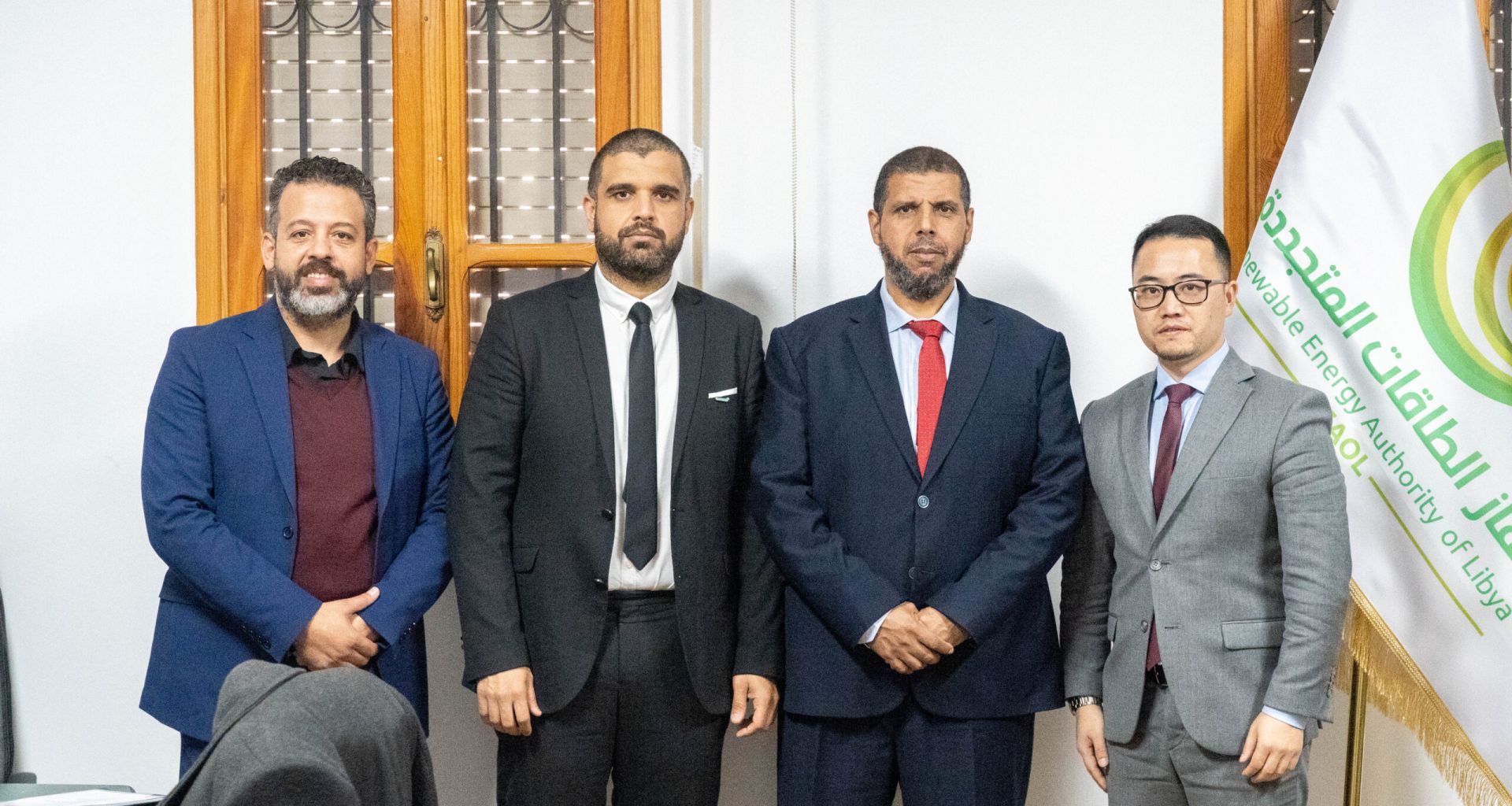
Media gallery
